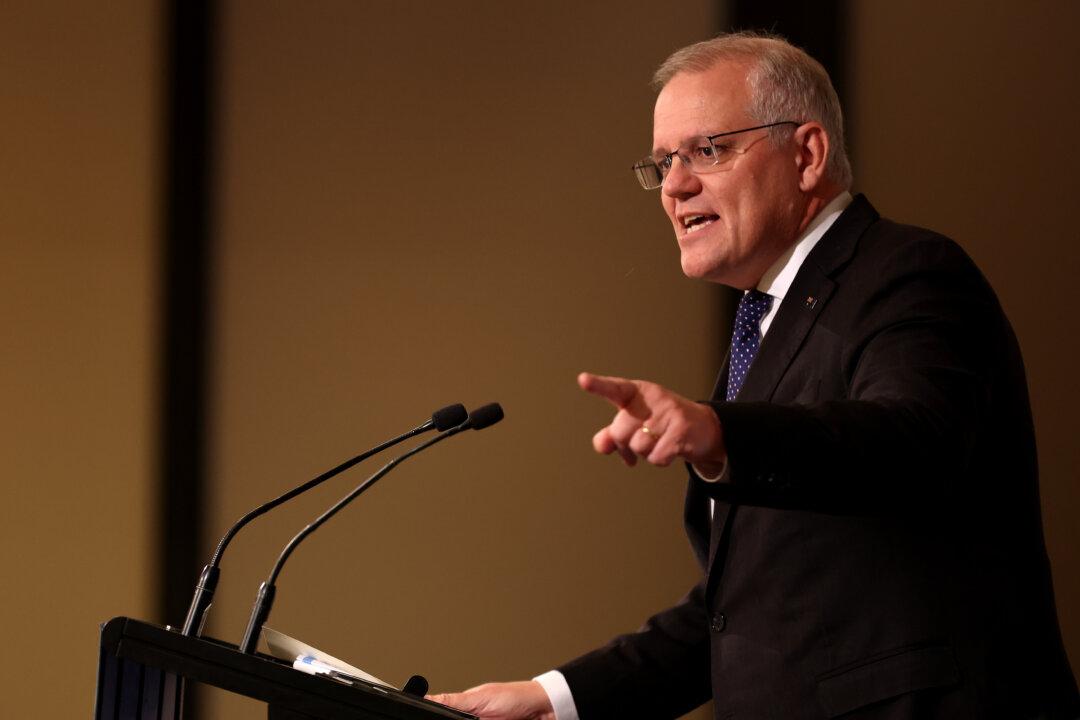Australian Prime Minister Scott Morrison has said that the Coalition would not slash essential public services to fund its election commitments.
The centre-right Coalition released its policy costings on May 17, which specified that government departments would be subject to an “efficiency dividend,” or annual budget reduction of two percent in the next three years and 1.5 percent in the 2025-2026 financial year.





